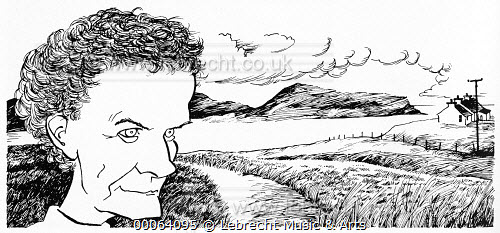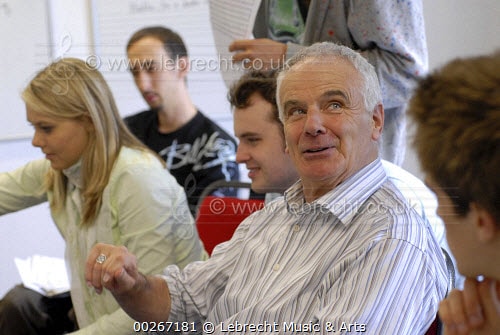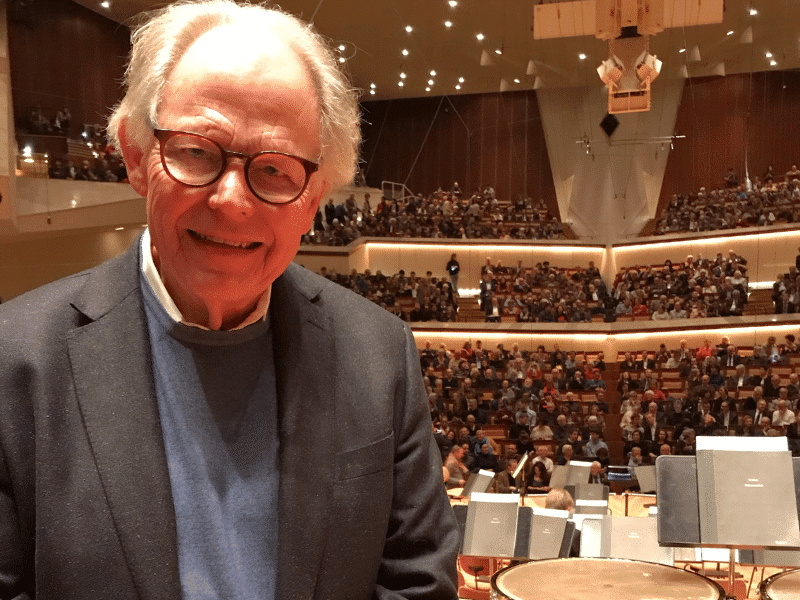A composer mourned: After Max, there will be music
mainSixty-plus years ago in Manchester, five students of widely varied backgrounds resolved to change the face of music. There was Peter Maxwell Davies, a middle-class Mancunian; Harrison Birtwistle, from a subsistence Lancashire farm; Alexander Goehr, son of a Berlin refugee conductor; Elgar Howarth, who played trumpet and composed; and John Ogdon, who Birtwistle said was ‘the most brilliant of all, nothing was beyond him’.
Max was first out of the traps, writing a staggering trumpet sonata for Howarth and assuming a leadership role that he held all his life. After college, he founded Fires of London with Harry to perform their emergent works. Goehr went on to Cambridge, Ogdon to win the Tchaikovsky Competition in Moscow. Howarth conducted operas by Max and Harry at Covent Garden and around the world.
But while Harry kept pushing at the frontiers of tonality, Max settled into an establishment role, accepting multiple commissions for symphonies and concertos – ten of each – and speaking up for music education and endangered orchestras. He was a prodigiously articulate man and a very congenial colleague.

(c) John Minnion/Lebrecht Music&Arts
In 1971 Max moved to the Orkney Islands, for privacy and contemplation. A gay man in a prurient society, he suffered pain and publicity when relationships ended badly.
He wrote with such ease and excess that one concerto was forgotten when the next rolled up. A violin concerto for Isaac Stern is seldom heard. His middle symphonies are a bit of a blur. But the first symphony and the last are filled with passion and urgency and his Orkney Wedding with Sunrise, a fusion of the organic and the imaginative, will endure to the end of time.
Max died today, on Orkney, aged 81.

Sir Peter Maxwell Davies at Dartington Summer School of Music, 2009. Photo Kate Mount/Lebrecht Music & Arts
Tributes from Simon Rattle and Peter Donohoe here.
And here from composer John McLeod.





Comments